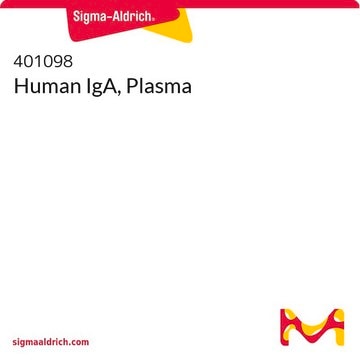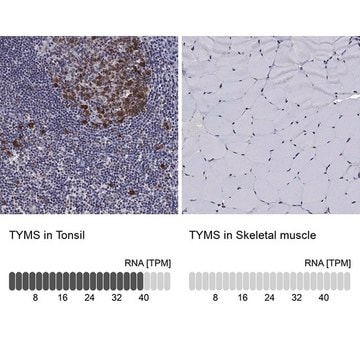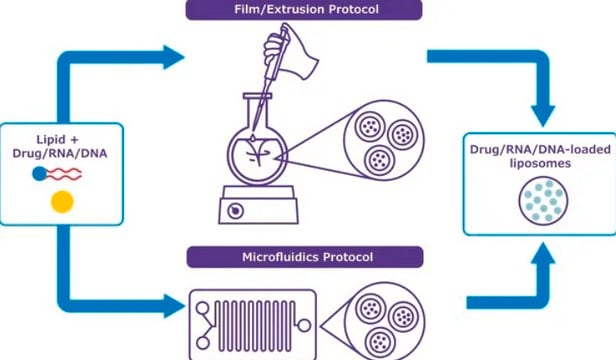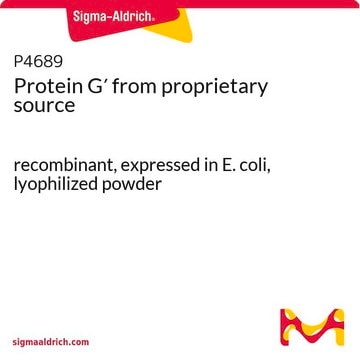MAB4130
Anti-Thymidylate Synthase Antibody, clone TS106
clone TS106, Chemicon®, from mouse
Synonyme(s) :
Thymidylate synthase
About This Item
Produits recommandés
Source biologique
mouse
Niveau de qualité
Forme d'anticorps
purified immunoglobulin
Clone
TS106, monoclonal
Espèces réactives
human, mouse
Réactivité de l'espèce (prédite par homologie)
rat
Fabricant/nom de marque
Chemicon®
Technique(s)
ELISA: suitable
flow cytometry: suitable
immunofluorescence: suitable
immunohistochemistry (formalin-fixed, paraffin-embedded sections): suitable
immunoprecipitation (IP): suitable
western blot: suitable
Isotype
IgG1
Numéro d'accès NCBI
Numéro d'accès UniProt
Conditions d'expédition
wet ice
Modification post-traductionnelle de la cible
unmodified
Description générale
Spécificité
Immunogène
Application
A previous lot of this antibody was used in ELISA.
Flow Cytometry:
A previous lot of this antibody was used in FC.
Immunofluorescence:
A previous lot of this antibody was used in IF.
Immunoprecipitation:
A 10 μL/mg concentration of a previous lot was used on protein lysate.
Immunohistochemistry (Frozen and Paraffin sections):
1:50 - 1:100 (with incubation for 30-60 minutes at room temperature). TS106 can benefit from antigen retrieval with either EDTA pH 8.0 or 10mM citrate buffer pH 6.0 .
Western Blotting:
1:200 - 1:400. Recognizes a 36KDa band.
Optimal working dilutions must be determined by end user.
Epigenetics & Nuclear Function
Cell Cycle, DNA Replication & Repair
Qualité
Western Blot Analysis:
1:500 dilution of this antibody detected THYMIDYLATE SYNTHASE on 10 μg of MCF7 lysates.
Description de la cible
Forme physique
Stockage et stabilité
Remarque sur l'analyse
Positive Control: 5-FU-resistant colon carcinoma cell lines (NCI H630R10, NCI630R1), 5-FU-resistant breast cancer cell lines, MCF-Ad5 and MCF-Ad10
Autres remarques
Informations légales
Clause de non-responsabilité
Code de la classe de stockage
10 - Combustible liquids
Classe de danger pour l'eau (WGK)
WGK 2
Point d'éclair (°F)
Not applicable
Point d'éclair (°C)
Not applicable
Certificats d'analyse (COA)
Recherchez un Certificats d'analyse (COA) en saisissant le numéro de lot du produit. Les numéros de lot figurent sur l'étiquette du produit après les mots "Lot" ou "Batch".
Déjà en possession de ce produit ?
Retrouvez la documentation relative aux produits que vous avez récemment achetés dans la Bibliothèque de documents.
Notre équipe de scientifiques dispose d'une expérience dans tous les secteurs de la recherche, notamment en sciences de la vie, science des matériaux, synthèse chimique, chromatographie, analyse et dans de nombreux autres domaines..
Contacter notre Service technique








